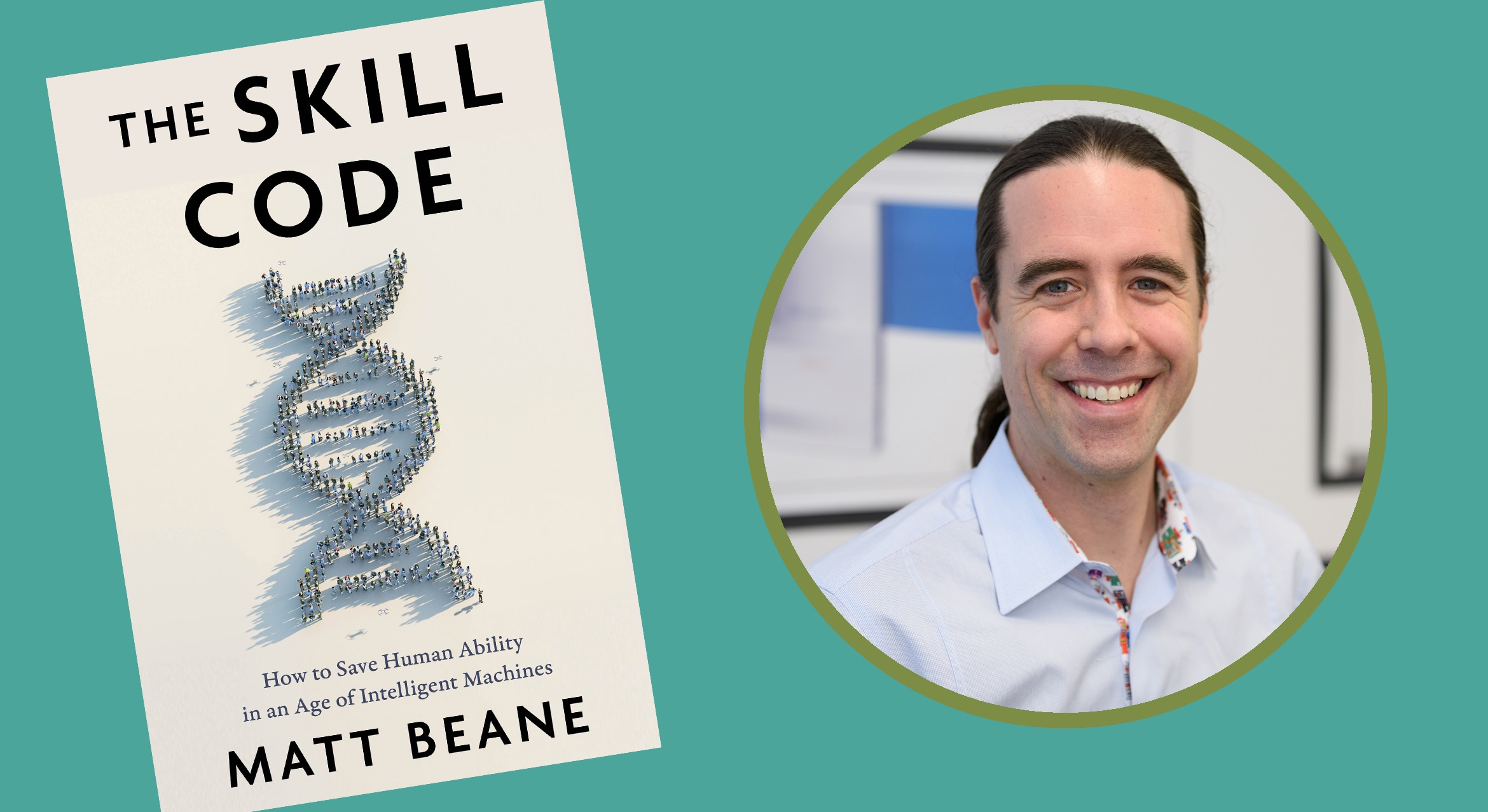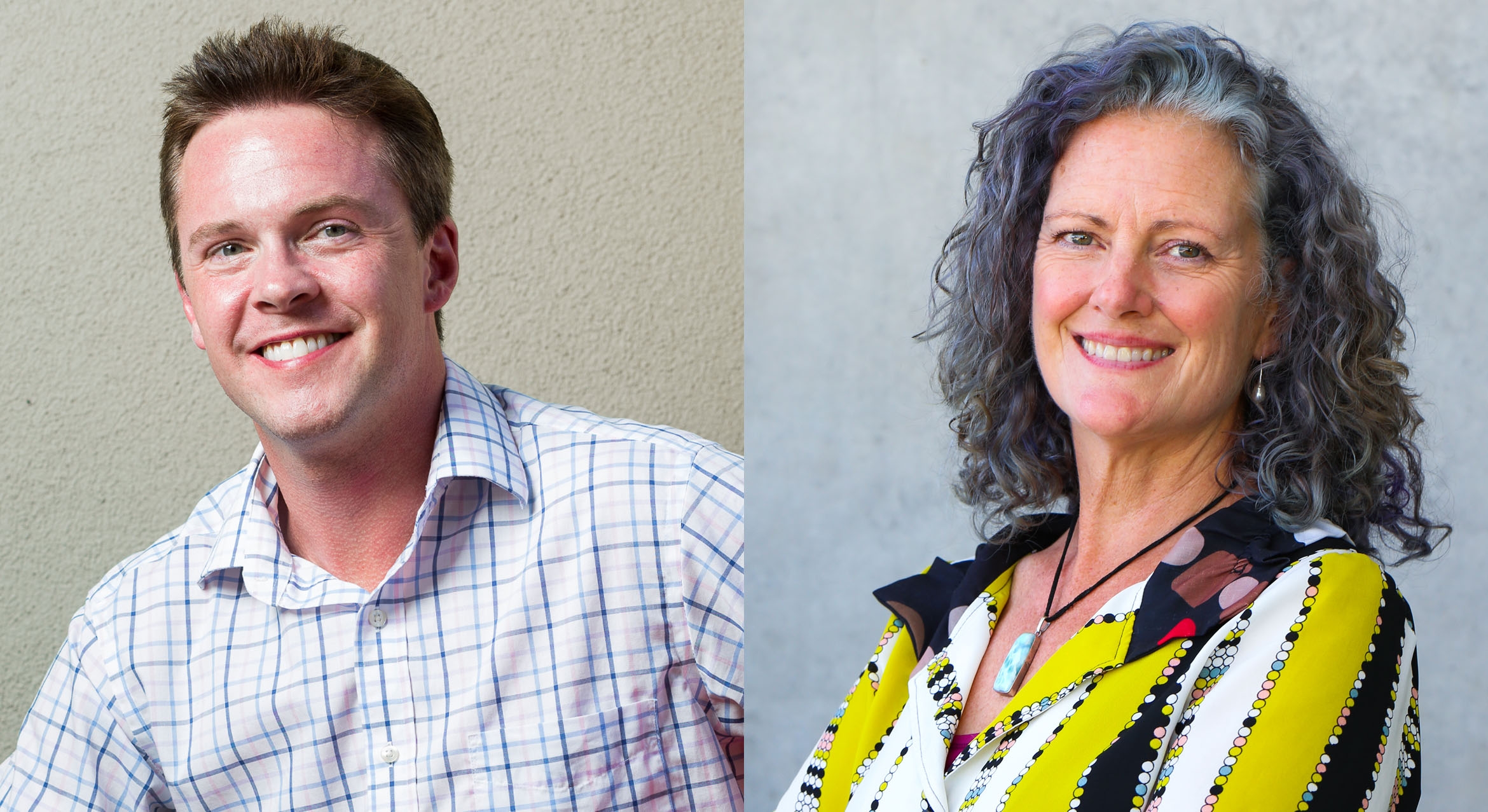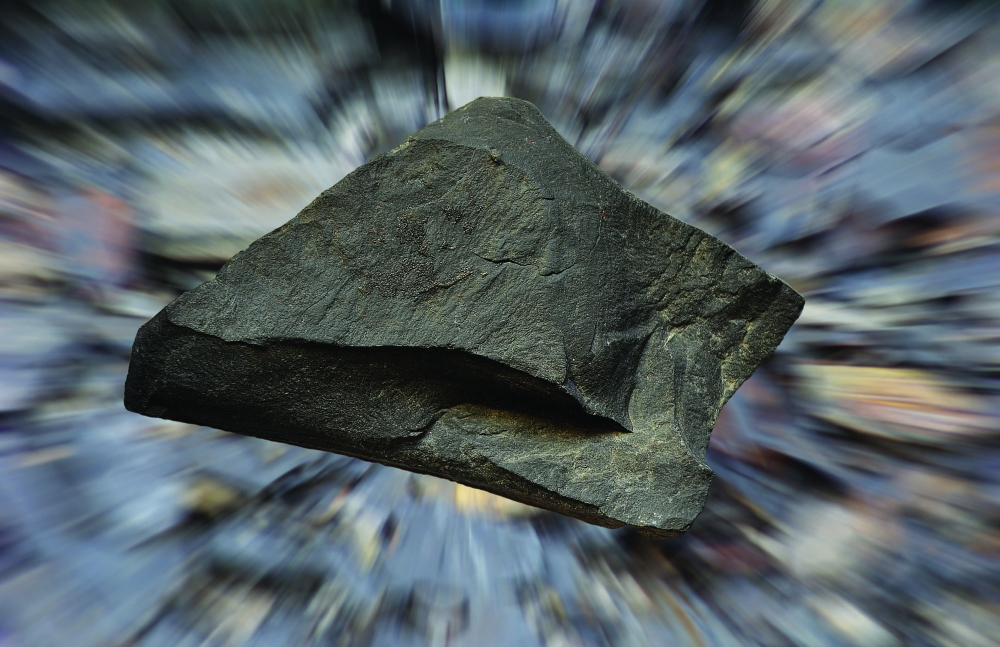
Unconventional Gas and Oil: Symposium on a Game Changer
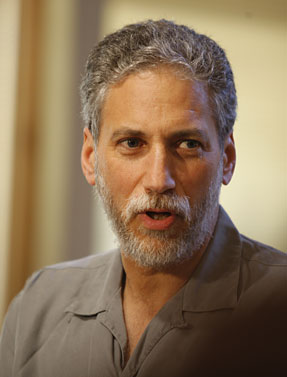
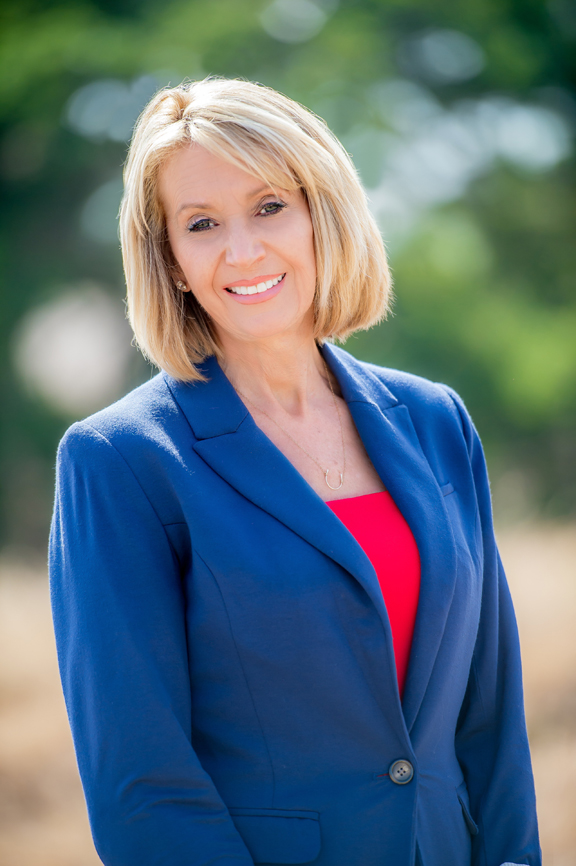
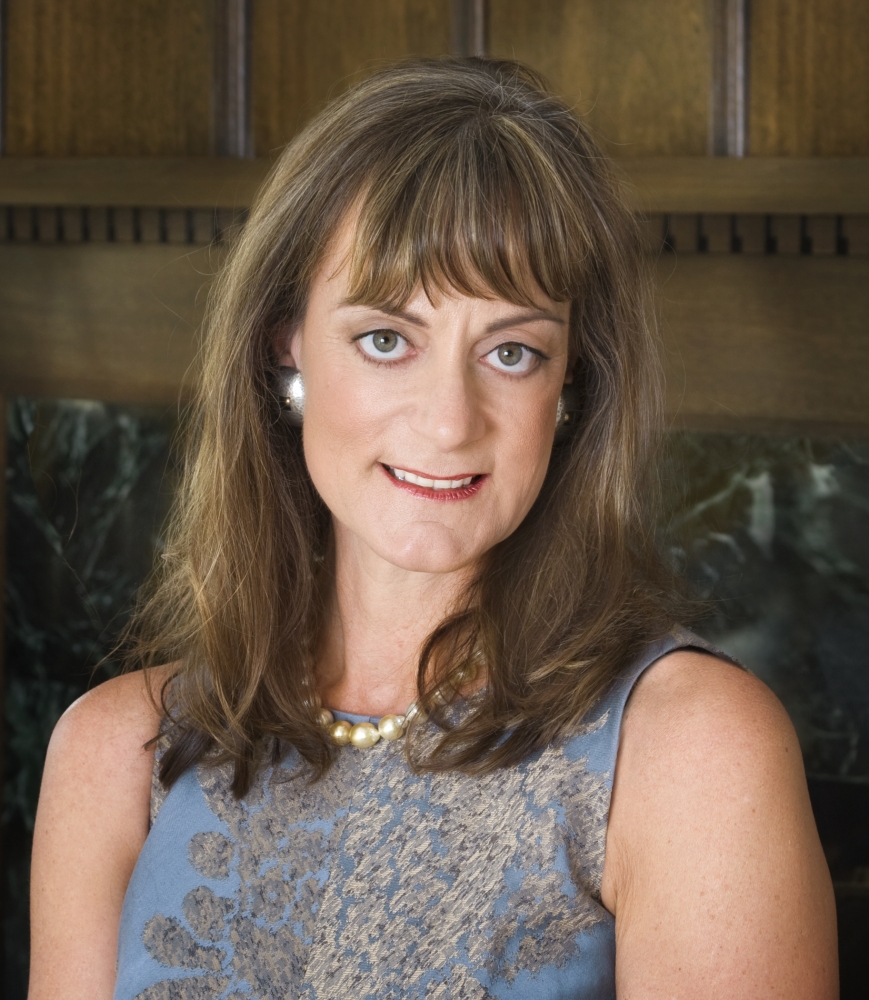
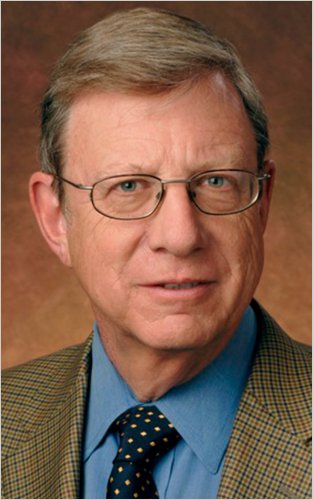
Unconventional gas and oil has become one of the most passionately debated questions of our time. It may sound like an issue only experts care about, but it’s in the headlines, the network newscasts, the halls of Congress — even the subject of a major motion picture. It’s been called the key to energy independence and also a deadly threat to the environment.
Loosely defined as petroleum produced by means other than the standard oil well, or natural gas from sources other than naturally occurring porous rock formations, unconventional oil and gas has come front and center in debates between those who are concerned about methods such as hydraulic fracturing — known to most as fracking —and those who see major economic benefits from the new sources of energy.
On Thursday, March 6, at 7 p.m., experts on the issues surrounding unconventional oil and gas will meet at UC Santa Barbara’s Pollock Theater for an informative and balanced discussion on these sources of energy and their impacts on the economy and the environment.
Co-hosted by the Institute for Energy Efficiency, the Carsey-Wolf Center and the Bren School of Environmental Science & Management. “Game Changer: Unconventional Gas & Oil and the Energy Landscape” is free and open to the public. To reserve a seat, interested attendees should visit the Carsey-Wolf Center's Pollock Theater website.
The program will feature an introductory video reel with representations of the various perspectives on unconventional gas and oil, followed by a moderated discussion and a question-and-answer session with the audience.
“This event is unique in that we are bringing together expert representatives from all sides of the debate,” said David Auston, executive director of the Institute for Energy Efficiency. “It is a critical time in our energy landscape for a balanced discussion like this to take place.”
Panelists at this event include:
Steven Hamburg. As chief scientist of the Environmental Defense Fund, Hamburg is the organization’s public voice for its commitment to science-based advocacy. His training and research specialty is ecosystem ecology, with a focus on forests. Hamburg has served as an advisor to corporations as well as non-governmental organizations and was awarded an Environmental Merit award by the U.S. Environmental Protection Agency for his climate change-related activities. He has published widely, including in the journals Nature and Science, and has served as lead author for the Intergovernmental Panel on Climate Change.
Marcia McNutt. McNutt is the 19th editor-in-chief of the journal Science, a position she has held since June 2013. Prior to that, she was the director of the U.S. Geological Survey, which responded to a number of major disasters during her tenure, including the 2010 Deepwater Horizon oil spill. She was awarded the U.S. Coast Guard’s Meritorious Service Medal for her work to help contain that spill. A geophysicist, McNutt is a fellow of the American Geophysical Union, the Geological Society of America, the American Association for the Advancement of Sciences and the International Association of Geodesy.
Nancy Pfund. Pfund is the founder and managing partner of San Francisco-based venture capital firm DBL Investors. The firm that specializes in “impact investing,” or investments made with the intention of promoting social change and environmental improvements as well as economic returns. She currently sponsors or sits on the board of directors of several companies, including SolarCity, BrightSource Energy, Primus Power, Eco.logic Brands and OPx Biotechnologies. Pfund is chair of the advisory Council of the Bill Lane Center for the American West at Stanford University; a member of the advisory board of the UC Davis Center for Energy Efficiency; and a C3E Ambassador to the U.S. Clean Energy Education and Empowerment Program, led by the U.S. Department of Energy.
Catherine Reheis-Boyd. As president of the Western States Petroleum Association (WSPA), Reheis-Boyd oversees the trade organization’s operations and advocacy in California, Arizona, Nevada, Washington, Oregon and Hawaii. She also manages a broad range of the association’s activities, including legislative and regulatory issues associated with transportation fuels policy, air and water quality, climate change, renewable fuels and alternative energy, and crude oil and natural gas production. Prior to her current position, Reheis-Boyd’s affiliation with the WSPA reaches back to 1990, serving in various positions within the organization, including chief of staff, chief operating officer and executive vice-president.
The discussion will be moderated by journalist and bestselling author Jeff Greenfield. In his more than three decades as a reporter, analyst and author, Greenfield focused on politics, media and culture. The five-time Emmy winner has served as the senior political commentator for CBS News, the senior analyst for CNN, a political and media analyst for ABC News — on “Nightline” and “World News Sunday” — and host of the PBS program “Need to Know.”
At CNN, Greenfield served as the lead analyst for its coverage of the presidential primaries, conventions, debates and election nights, as well as presidential funerals and Supreme Court confirmation hearings. He also reported on media and culture. A prolific author, Greenfield has written or co-written 13 books. His work has appeared in many publications, including The New York Times Magazine, Harper’s and National Lampoon.
